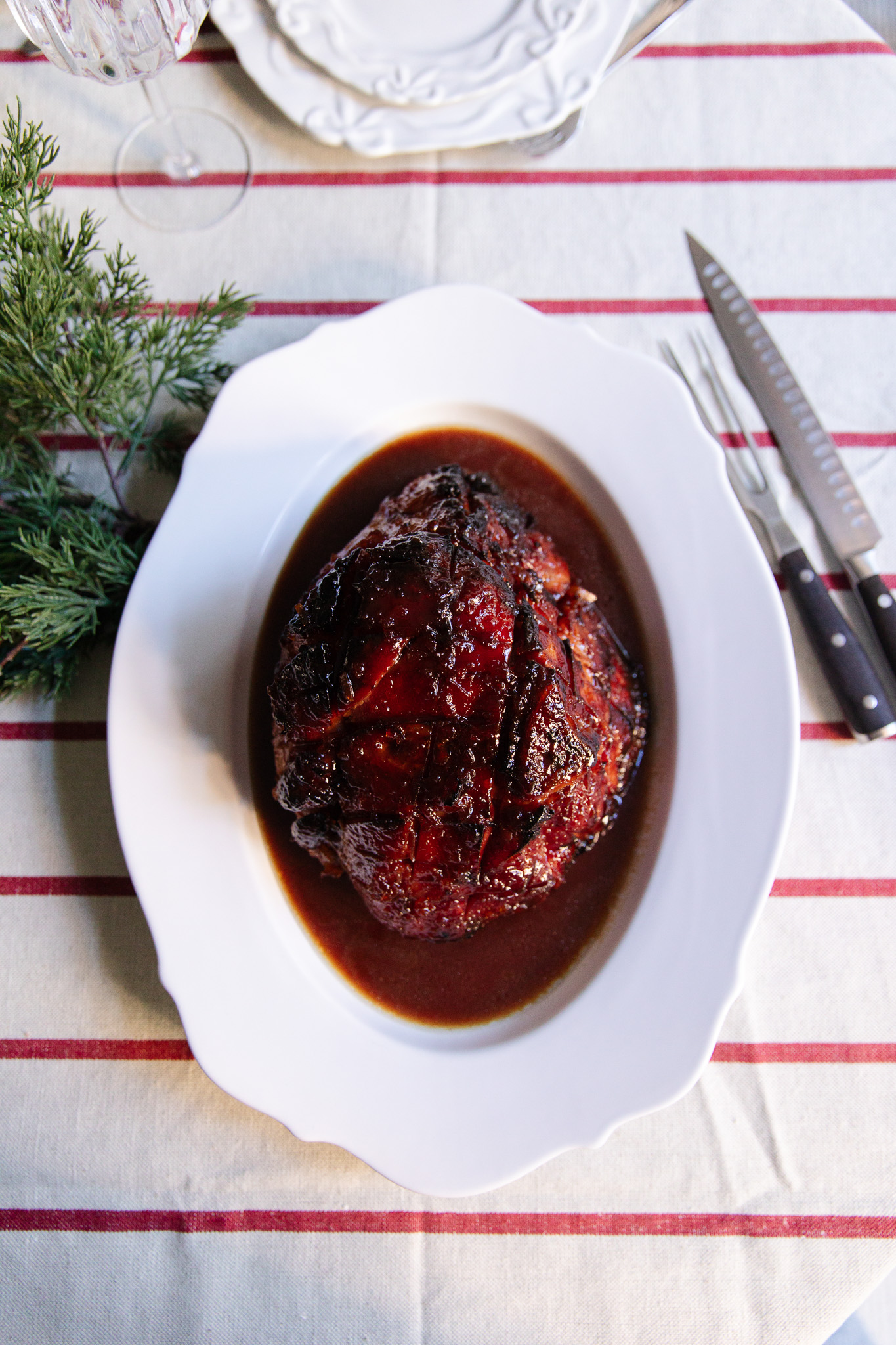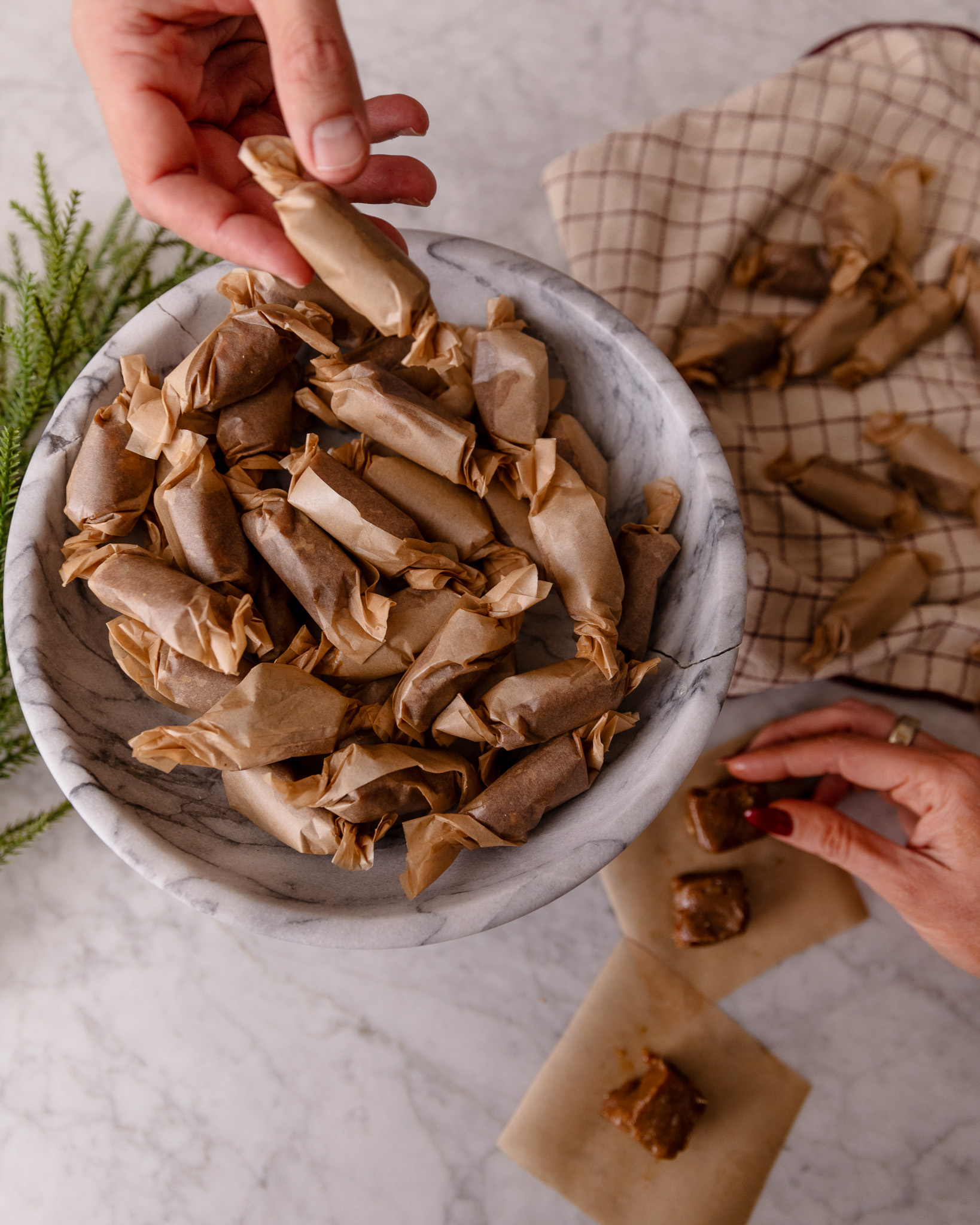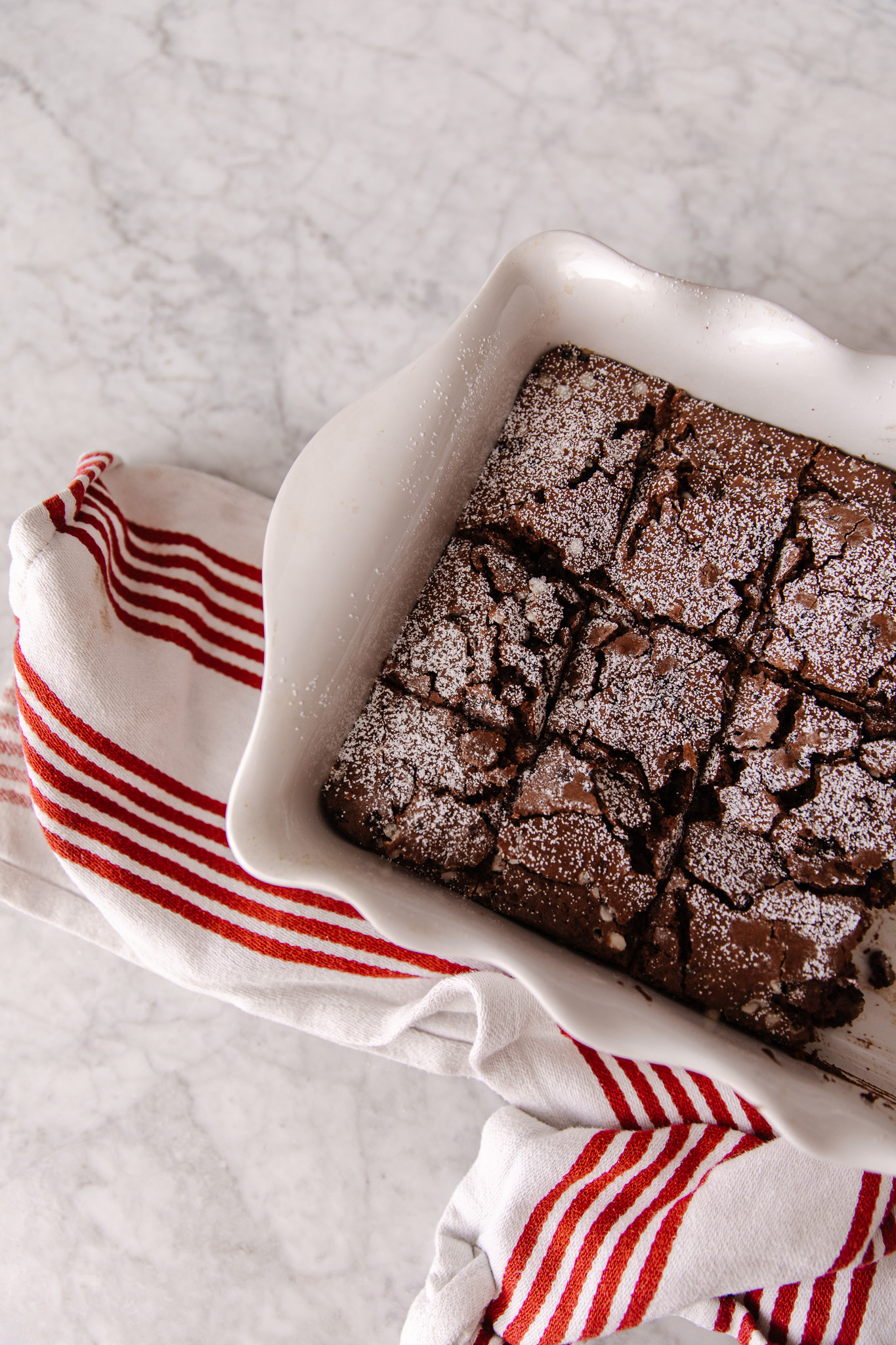I'm a firm believer that the right kitchen equipment makes a huge difference in the food you're able to prepare, and the most important equipment is, indisputably, your knives. They are the backbone of your kitchen, and just as important as your oven and fridge. Even still, I have people often say things to me like, "Why would I spend a lot of money on a knife when they all get dull anyway? Aren't they all pretty much the same material?" A piece of my soul dies whenever I hear this. So in an effort to fill those stalkings this year with the gift that keeps on giving (a good knife- this one was sent to me by my friends at Wüsthof and I get giddy every time I use it), I'm dedicating my posts this week to your kitchen knives and how to properly care for them.
In much the same way that buying a chair isn't just about having something to sit on, buying a knife isn't just about separating food into smaller pieces. Cheap cutlery will get dull fast, no matter how you care for it. High-quality cutlery, when properly cared for, will be as sharp in 15 years as it was the day you purchased it. Best of all, it isn't difficult! With only a little extra planning and thought, your knives will last for years to come. So let's get into it, shall we? Today, washing.
By far, the most popular way to ruin a kitchen knife is to put it in the dishwasher. Of course, if you Google "does a dishwasher ruin kitchen knives," you'll find dozens and dozens of forum discussions filled with people declaring, "I've always put my knives in a dishwasher, and they're just fine!" Well that's great! But how are they gauging "just fine"? Perhaps the fact that their knife hasn't completely turned to dust is enough for it to qualify as fine, but I guarantee they aren't judging by how easily it cuts food.
Some people say the knife gets dull by banging around in the dishwasher and hitting other hard items, such as glasses or silverware. Others say the abnormally strong chemicals in dishwasher detergent eat away the microscopic edges of the blade. To me, the second seems more likely than the first, but that's irrelevant, really. To be frank, I don't know exactly what happens to the knife. I don't know what takes place in the dishwasher, but I do know that a sharp knife goes in, and a less-sharp knife comes out. And the effect is consistent, carbon steel, stainless, or whatever. So the question is, what's the proper way to clean a knife?
By hand. Duh. Just a few simple things to remember. First, (and this is opinion - though valid, from my experience) don't use a cloth. The problem with a cloth is that it usually hides the blade and your fingers from direct sight. Lose track of your fingers and they make their way across the blade, which equals pain. And blood. And an irrational fear of cleaning your knife, causing you to put it in the dishwasher. So just use your fingers, hot water, regular dish soap, and wash your knives as soon as you're done using them so stuff doesn't get crusted on. But even if it gets crusted on, just take your time and do it by hand.
Second, attack from behind. It's noticeably important that your hand avoid the sharp edge of the blade, so when washing your knife come from the back edge. Like so:
Third, never lose site of the knife. This means, don't submerge it in a sink full of soapy water. This was a very strict rule in the kitchen where I attended my culinary classes. There was one girl in my class who neglected this rule, and I almost lost my finger because of it. Never... EV-VER put a knife in a sink filled with soapy water. Reaching in after it feels like taking a dip in shark-infested waters.
Fourth, dry with a rag from back to front. Never run a rag along the front of the blade. Not only will you probably cut yourself, but you'll ruin your cloth. Run the cloth along the back of the knife, then grab blade from the front with your cloth and pull directly outward.
That's all there is. I'm not blazing any trails with this information - it's pretty obvious stuff. But a friendly remind never hurts. Especially when compared to stitches. On Wednesday I'll be back with details and a tutorial video on how to sharpen your knife when it does get dull. Peace.
Note - While Wüsthof did send me some of their products, they did so without expectation and did not pay me to evangelize their name. Long before my relationship with Wüsthof I was buying their knives and I've been a long-time fan of their cutlery. The opinions I share about them are genuine, and they are just a great company that I talk about because they deliver the highest quality, consistently.
Leave a Reply

WE'RE CHRIS + JULIA

Portfolio

Projects

























I'm, like, nerd excited about the sharpening tutorial.
I'm guilty of always putting knives in the soapy water. I guess it's a good thing that they're cheap and crappy.
Oh my gosh. "Never lose sight of the knife!" This was the cause of one of our first marital spats. I grew up with this rule. Knives = not in the sink because they can get hidden. My husband grew up with the rule "don't reach into the sink, there might be knives in there." You can see the problem. My finger suffered as a result!
You taught me this trick when when you came to Tallahassee, and I've been doing it ever since. My situation is, I feel more comfortable using smaller knives, and was wondering what small knives you use, and what you use to sharpen them.
For you I'd probably suggest a 5inch Santoku knife. That's what is in the pictures in this post. It's great for up and down chopping, and since the one we bought you guys awhile ago is 8inch, if I remember correctly, the 5inch length will be much more comfortable for you. Wusthof makes several versions, starting at $50 and going up from there:
http://www.amazon.com/s/ref=nb_sb_noss?url=search-alias%3Daps&field-keywords=wusthof+5in+santoku
The $50 one is stamped, while most of the others are forged. Forged knives hold an edge better, but even the $50 blade would be great, since Wusthof uses such high-quality steel. As for sharpening, check back on Wednesday. I'll have all kinds of details for ya. :)
Sorry, the knife in the pictures above is a 7inch Santoku. So the 5 inch would be even shorter.